Secret Art of Survival - Creativity and ingenuity of British Far East prisoners of war, 1942 - 1945
25 October 2019 - 20 June 2020
Location: Galleries 6 & 7, first floor
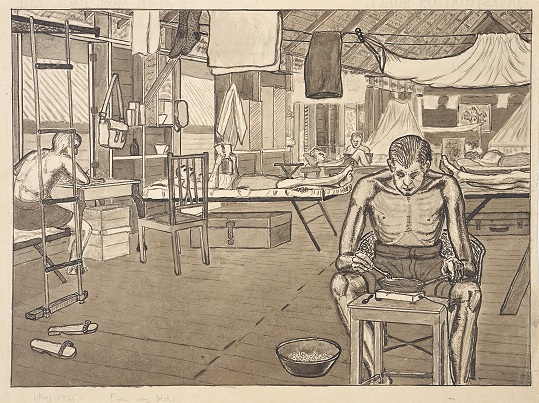
Picture credit: View from My Bed, 1945 by Capt. T. Wilson © The Artist’s Family
An exhibition of artworks and artefacts by Far East prisoners of war revealing their conditions in captivity but also their spirit and resourcefulness. Their captors forbade the keeping of any records so the artworks were made secretly and most have never been displayed before.
360 video & exhibition information
View a 360 fly-through of the exhibition
Further Information to support the 360 tours:
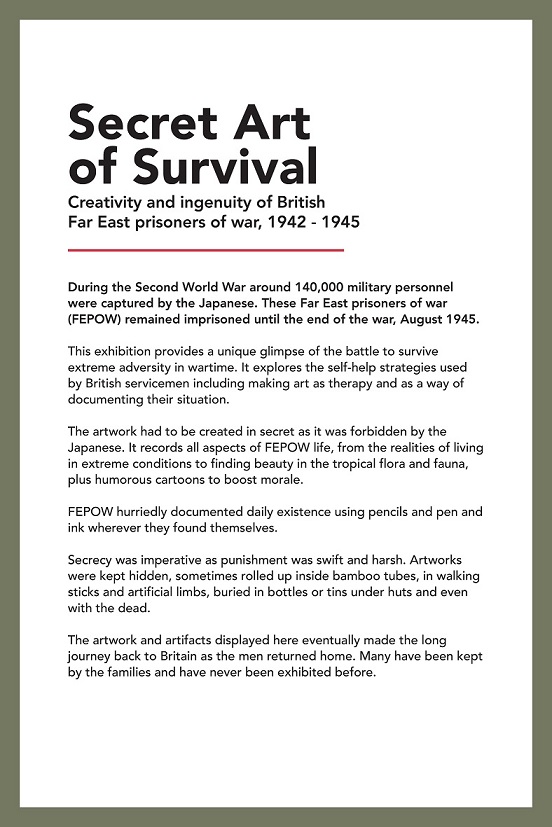
Environment
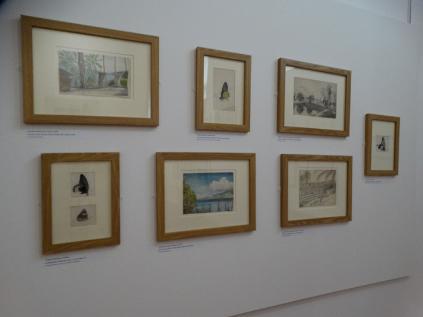
Take a closer look at some of the artwork from the Enviroment section of the exhibition
Medical Ingenuity
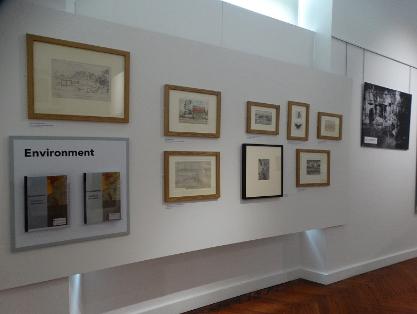
Take a closer look at some of the artwork from the Medical Ingenuity section of the exhibition
Camp Life
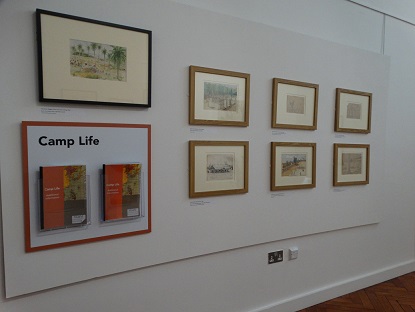
Take a closer look at some of the artwork from the Camp Life section of the exhibition
Survival
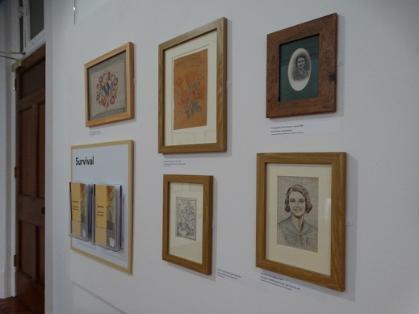
Take a closer look at some of the artwork from the Survival section of the exhibition
School Resources
Download the Secret Art of Survival Teacher Resource Pack there is also an Accessible version available.
Family Resources
Download the Secret Art of Survival Family Resource Pack or view the accessible version.
Order the Captive Artists Book
To order a copy of Captive Artists at £20 plus £3 p&p (overseas postage costs available on request) email fepow.project@lstmed.ac.uk for full details
NB we can only process cheques, we regret we cannot take online or telephone payments.
Reviews
'A must read for anyone with even a passing interest in the Second World War or the multi-layered history of the Far East.'
Captive Artists is a fascinating study of works of art created by British servicemen in captivity in the Far East during WWII. The variety of artwork is particularly notable; not only are there sketches and watercolours but also needlework, stained glass and sculpture. Taken together they paint a picture of remarkable lives lived in remarkable conditions. There is emotional and physical pain, hope, humour and misery as well as observations of the unique times they were experiencing through the canny eye of an artist. Some were talented and experienced, others entirely new to the challenge of expressing themselves in a new way and yet they all shared these strange surroundings. A deep fascination with their alien world is a common theme and among the most impactful works of art are the impressively detailed observations of the natural world: here are butterflies, monkeys, plants and flowers glimpsed as a still moment when the world was in chaos and permanent motion.
These artists were not just passing the time but determined to preserve jungle life as they knew it for future generations, and finally they are getting the attention they deserve. It is a must-read for anyone with even a passing interest in the Second World War or the multi-layered history of the Far East. A terrific achievement, brilliantly executed by the three authors, each of whom brings out different strands of narrative and analysis with their own knowledge and experience.